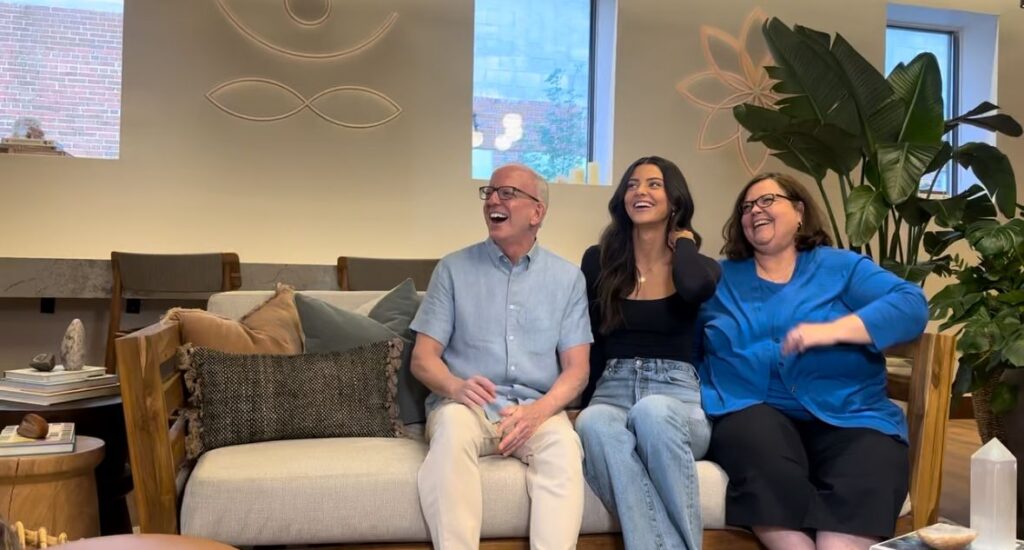OHIO — As more young people feel comfortable talking about mental health, an Ohio-based organization wants to help parents bridge the generational gap.
What you need to know: Ohio-based organization wants to help parents bridge the generation gap
The Kids Mental Health Foundation provides resources for parents
At the end of her senior year, Brigid and her parents decided to withdraw her from high school.
She is proud of who she is today and credits her parents with helping her get there.
The Kids Mental Health Foundation conducted a survey of 500 parents asking them what they thought was the right age to talk to their children about mental health.
Seventy-five percent said pre-middle school, while less than a quarter said pre-kindergarten.
“We can’t just tell kids. We want them to have the skills to know how to handle it and how to respond. We also have resources to educate parents. I think part of the anxiety is because my child is telling me this information and I don’t know how to respond, so we have resources for parents and adults to know what is normal. Everyone has anxiety. When does it become a problem?” said Dr. Whitney Raglin Bignall.
She said the organization wanted to stress the importance of talking to children early, as most of the brain development begins by the age of five.
“Just like children learn their letters and numbers, they need to learn to have and deal with emotions as they learn to speak,” says Dr. Whitney Raglin Bignall.
The Kids Mental Health Foundation provides resources for parents who need guidance on how to start and maintain conversations about mental health.
“I didn’t grow up in a household where therapy was talked about,” says Tim Cotter, whose daughter, Brigid, was diagnosed with generalized anxiety disorder, depression and obsessive-compulsive disorder when she was in eighth grade.
“I think it was scary to hear all that at once, and what it means for me now and what it means for my future,” Brigid said.
“Looking back, I think there were signs when she was in kindergarten or first grade,” said Brigid’s mother, Debbie Cotter. “I don’t want to believe that it was a medical problem or that it required serious treatment. I just want to think, Oh, it can’t happen to us.”
As she got older, Brigid’s symptoms became more severe.
“At first it was one day of school, which turned into one day, which turned into two days, which turned into two weeks, and then I just couldn’t do anything,” Brigid said.
At the end of her senior year, Brigid and her parents made the decision to withdraw her from high school.
“I think it was especially difficult back then because people weren’t really talking about mental health. I think if it was a physical illness it’s easy to sympathise, but when it was my mind it was like, why can’t you come to school? People wanted me to find a solution and I didn’t have that at the time,” she said.
As she tried to figure out how to cope with her mental condition, so did Tim and Debbie. “We realized this was a problem we couldn’t handle. If she’d been diabetic, we would have taken her to the doctor and done whatever was needed. If she’d broken her leg, we would have taken her to the hospital. So we just thought this was a medical issue like anything else,” Debbie Cotter said.
They stress the importance of making sure your child knows they can come to you: “You need to make sure they’re seen, right? It can be hard to be that person and if you feel like there’s no one else who really understands what you’re going through, you need to meet with them.” [your child] “Where they are,” Tim Cotter said.
Six years after graduating high school, Brigid has been forging her own path as a fitness instructor and model, and she hopes her journey can inspire others.
“I realised my mental health is a part of me. It doesn’t define me but it’s a part of me every day and there will be times when I struggle. Just knowing that I’ve been through it once and I can get through it again helps me so much when I’m in a dark place,” Brigid said.
She is proud of who she is today and says her parents played a key role in getting her there.

